Ghost of Tsushima was initially released in July 2020 and quickly generated acclaim for its stunning visuals, engaging combat, and rich storytelling set in feudal Japan. The Director’s Cut released in August 2021, offering several enhancements to the already established title.
There are several significant differences between the original and its Director’s Cut. While these changes were initially apparent with the release of the PlayStation version of the Director’s Cut, many have since been added to the PC version. For many, the enhanced version represents a definitive way to experience Ghost of Tsushima, captivating players with meticulous attention to detail and immersive world-building. Here are all the differences.
Difference between Ghost of Tsushima: Director’s Cut and original release
New exploration
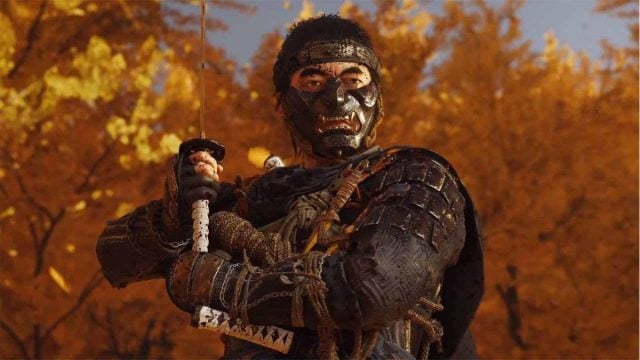
The most substantial addition to the Director’s Cut is the Iki Island expansion. This DLC content introduces a completely new storyline set on the neighboring Iki Island, featuring new characters, including a new Mongol leader to take down. Players can explore the lush, perilous landscapes of Iki, encounter new enemy types, experience new Mythic tales, and unlock some really nifty armor sets for the vengeful samurai.
The expansion adds approximately 10 to 15 hours of gameplay, significantly extending the game’s life and offering a more behind-the-scenes look at Jin’s character development.
A quality-of-life upgrade
The Director’s Cut for Ghost of Tsushima brings several quality-of-life improvements to the PS5 and PC. One of the notable additions to the list is the long-requested lock-on mechanic, which allows the character to focus precisely on individual enemies, making battles more manageable and strategic.
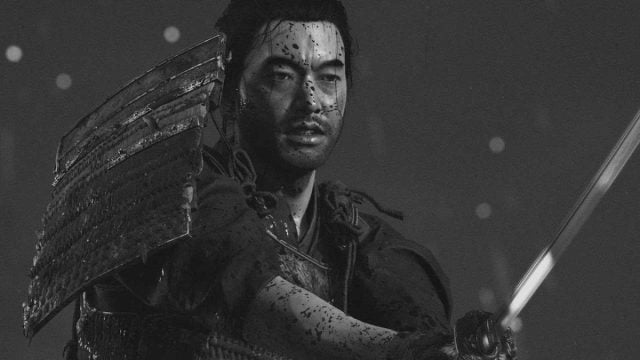
The PS5 and PC versions now feature accurate Japanese lip-syncing for those who prefer the original language. This coupled with the black-and-white grainy filter of the Kurosawa Mode, creates an even more authentic journey through the realm of Tsushima.
Additionally, expanded options for remapping controls provide more flexibility in interacting with the game. This makes for a more personalized and comfortable gameplay experience while restoring honor to the Sakai clan. These refinements collectively make the Director’s Cut feel more polished and responsive.
Enhanced visual fidelity
The island of Tsushima is already a visually appealing place to be in, minus the Mongol invasion. The Director’s Cut takes it up a notch, offering PS5 users the chance to experience Jin Sakai’s journey in 4K resolution at 60 frames per second while reducing the loading times thanks to the console’s SSD.
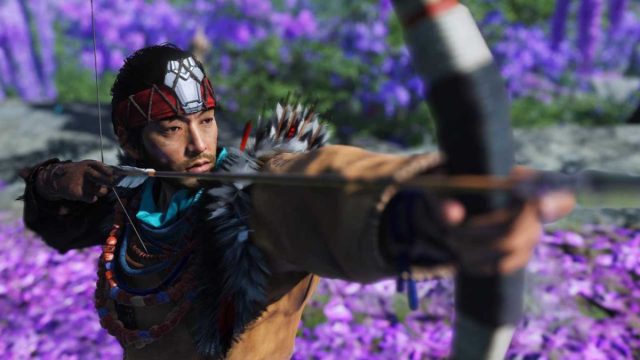
Similarly, Nixxes Software, the company renowned for creating PC ports for other Sony-exclusive titles, has greatly enhanced the game for better optimization. The Director’s Cut boasts a customizable graphic setting for gamers to fine-tune their graphic according to their hardware. With support for wider display monitors and the option to push for higher frames per second, Ghost of Tsushima showcases the delight of visual fidelity.
Digital insights
The Director’s Cut version of the game hosts digital commentary that enriches players with valuable insight from the creators, offering a deeper understanding of the creation of the game, from the inspiration to the development journey, the digital commentary is a treat for players to appreciate the game even more after overcoming the Mongol invaders. Players also receive a Digital Art Book copy that showcases visually stunning concept art and design.


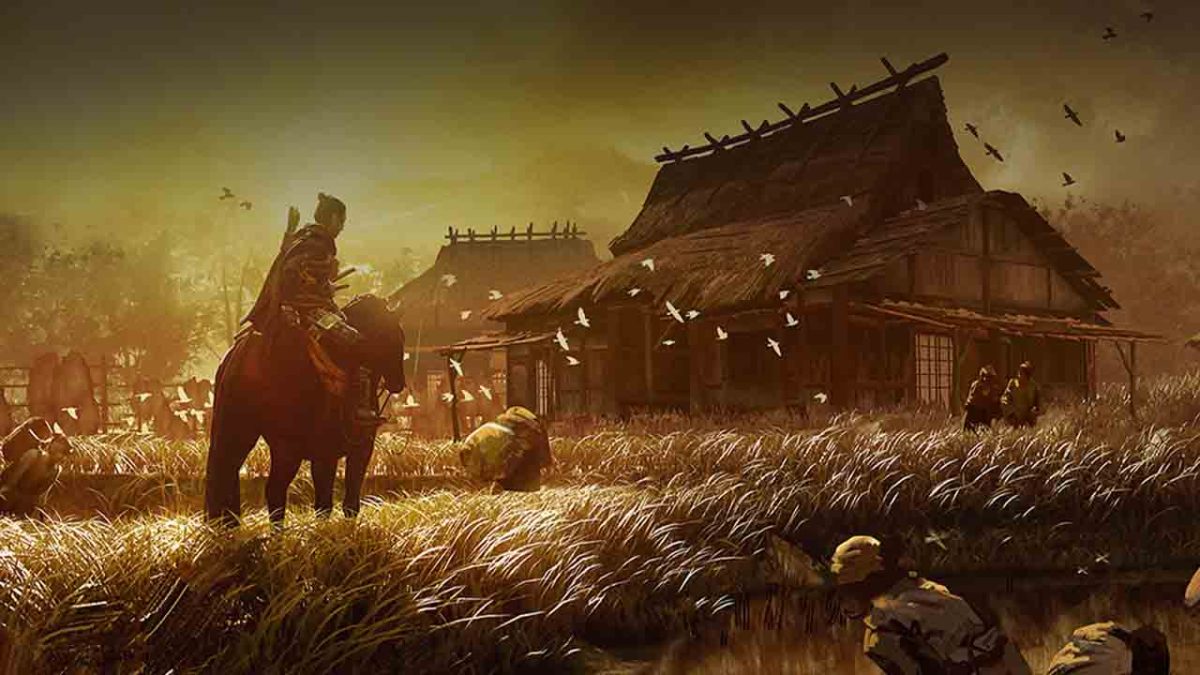
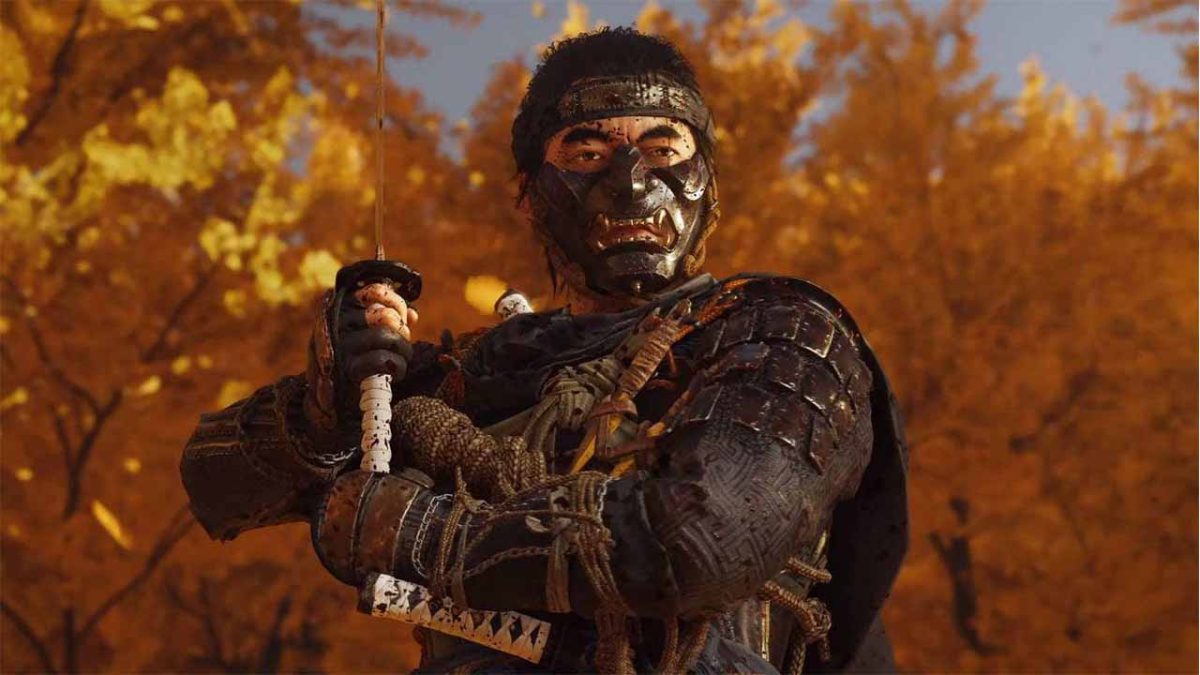
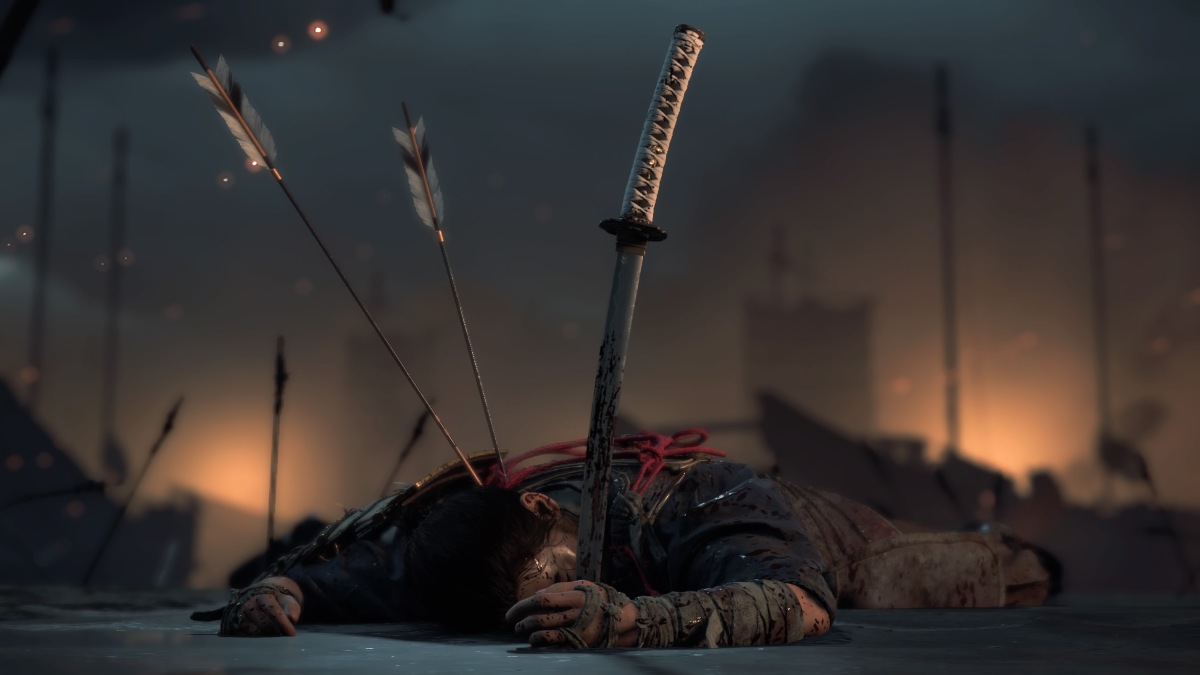
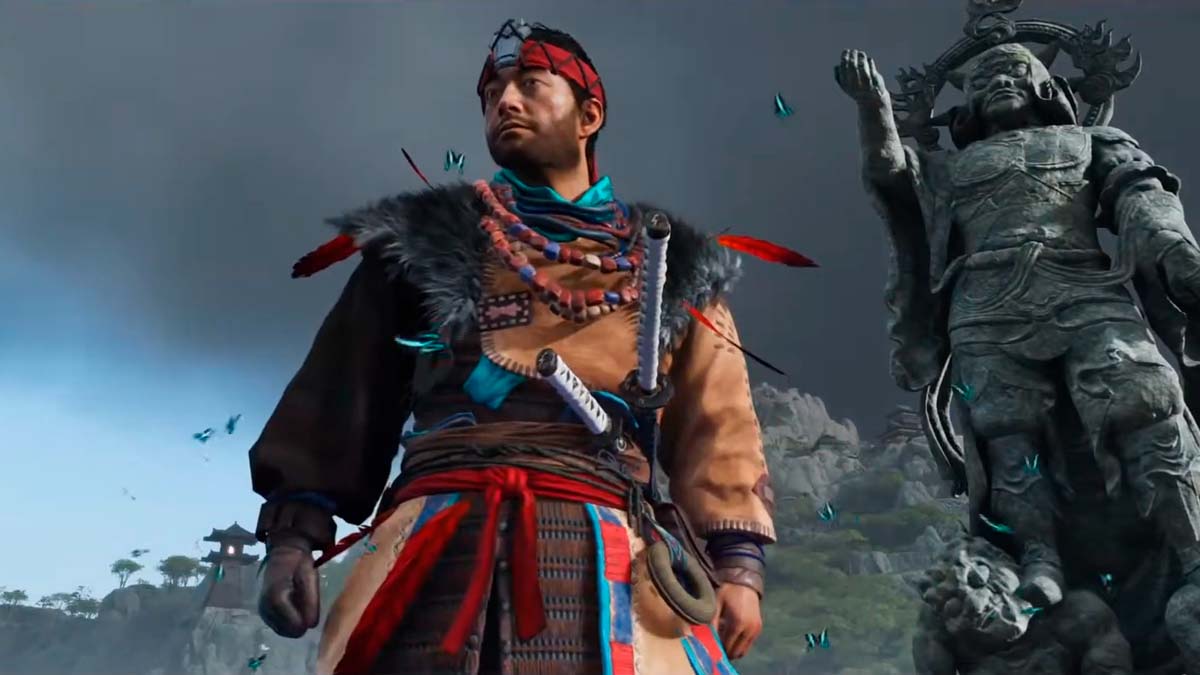
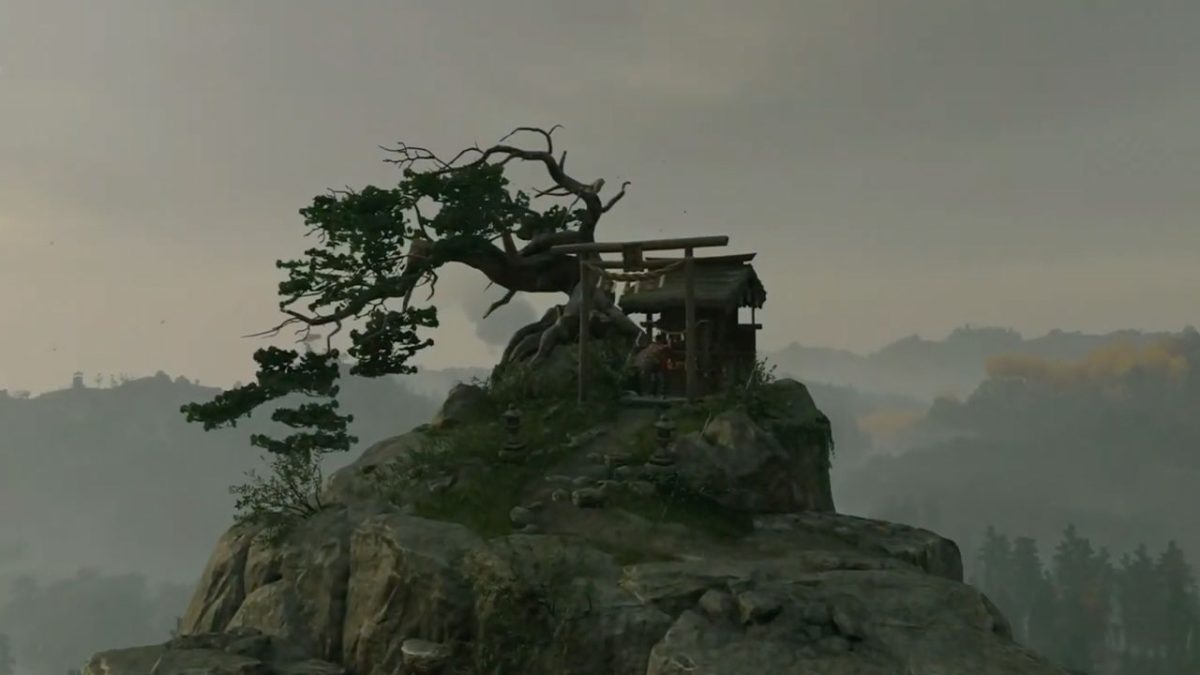
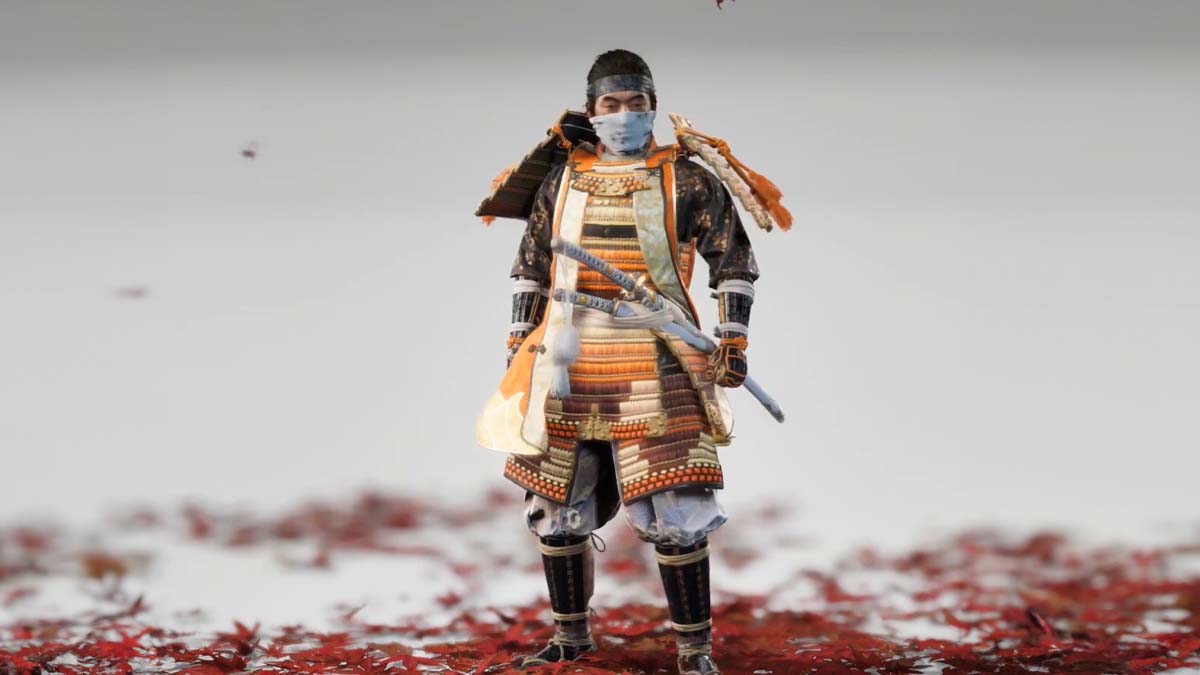
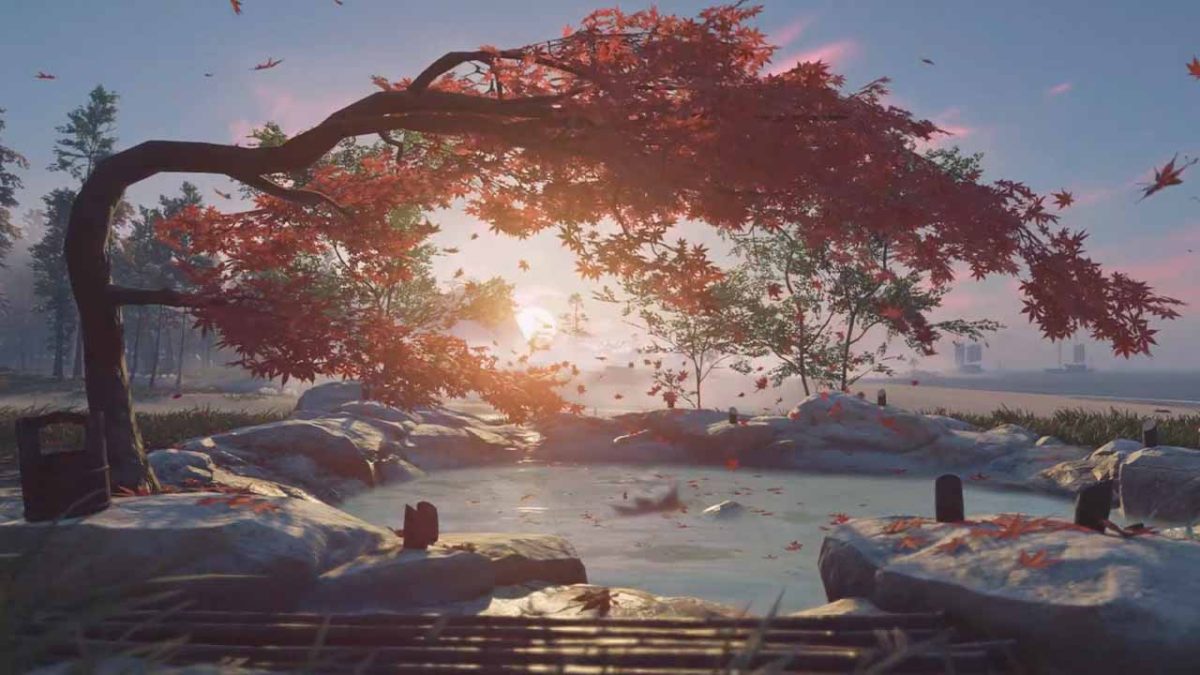
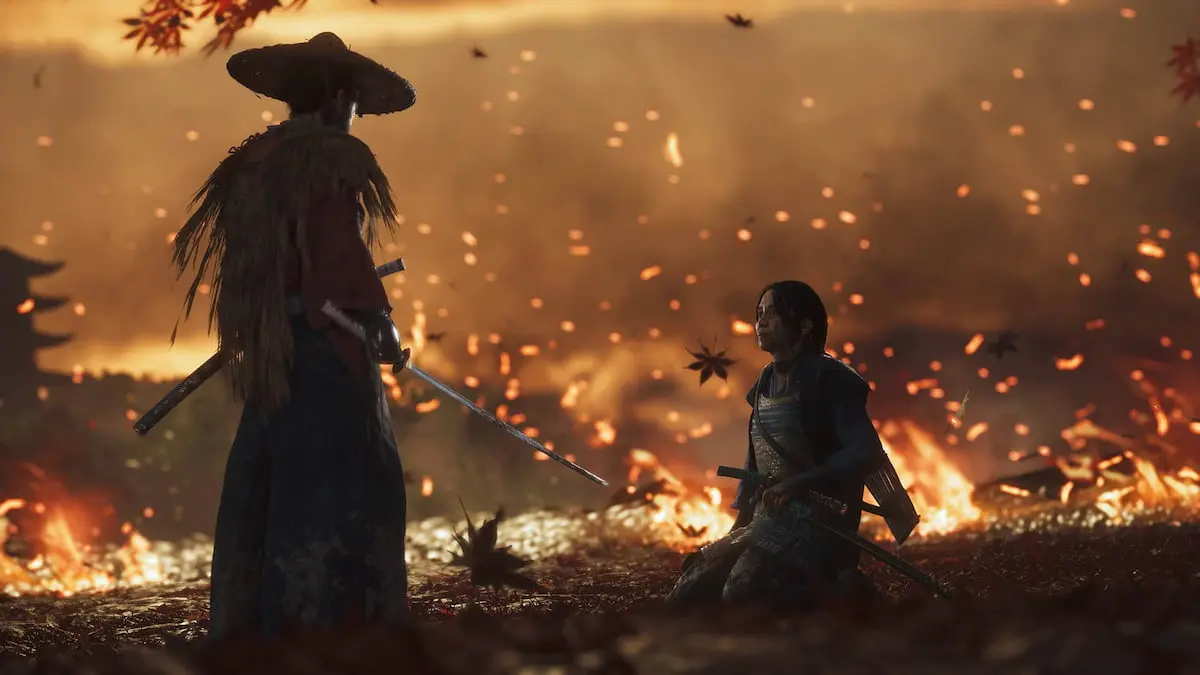
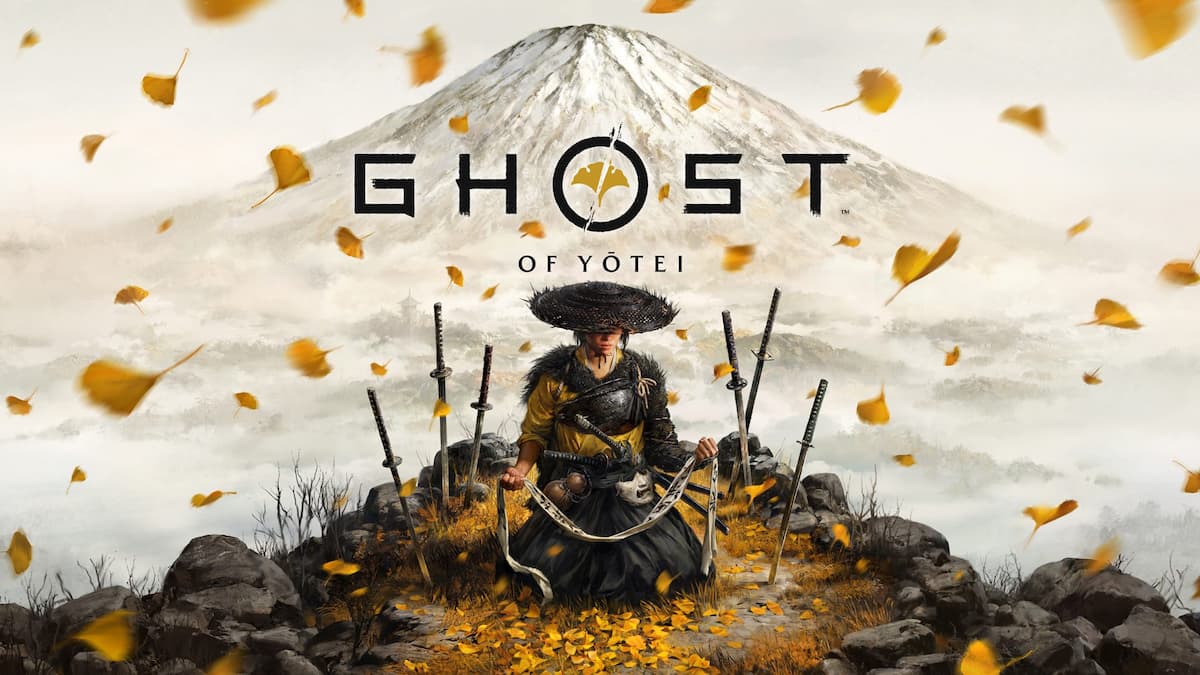
Published: May 21, 2024 02:38 am